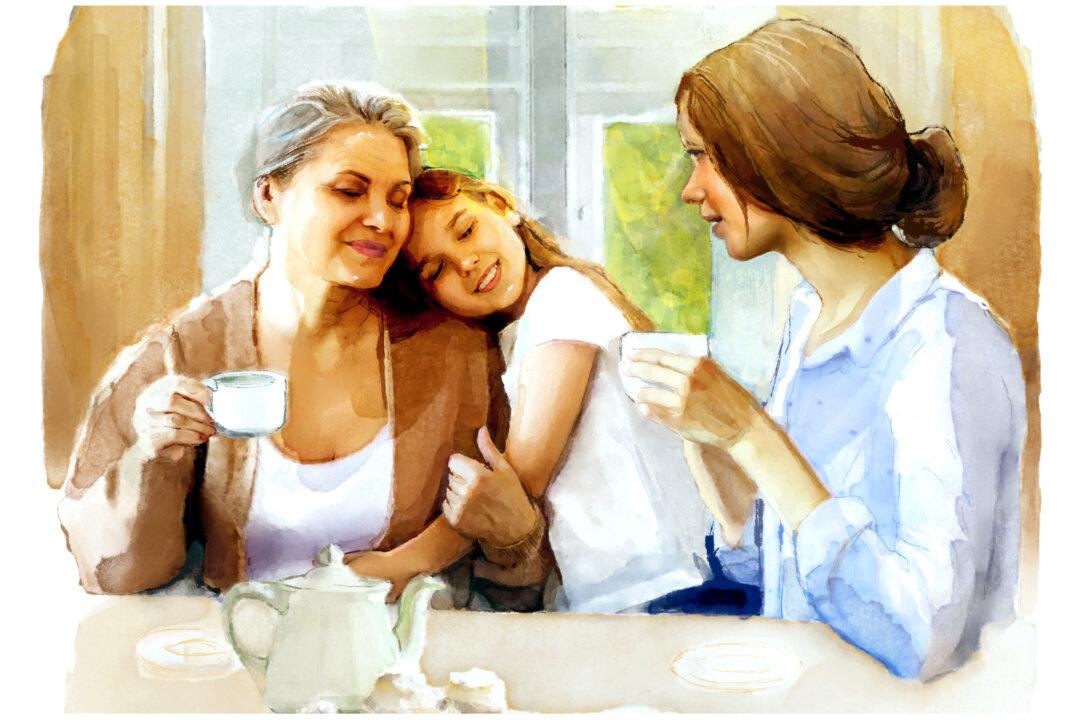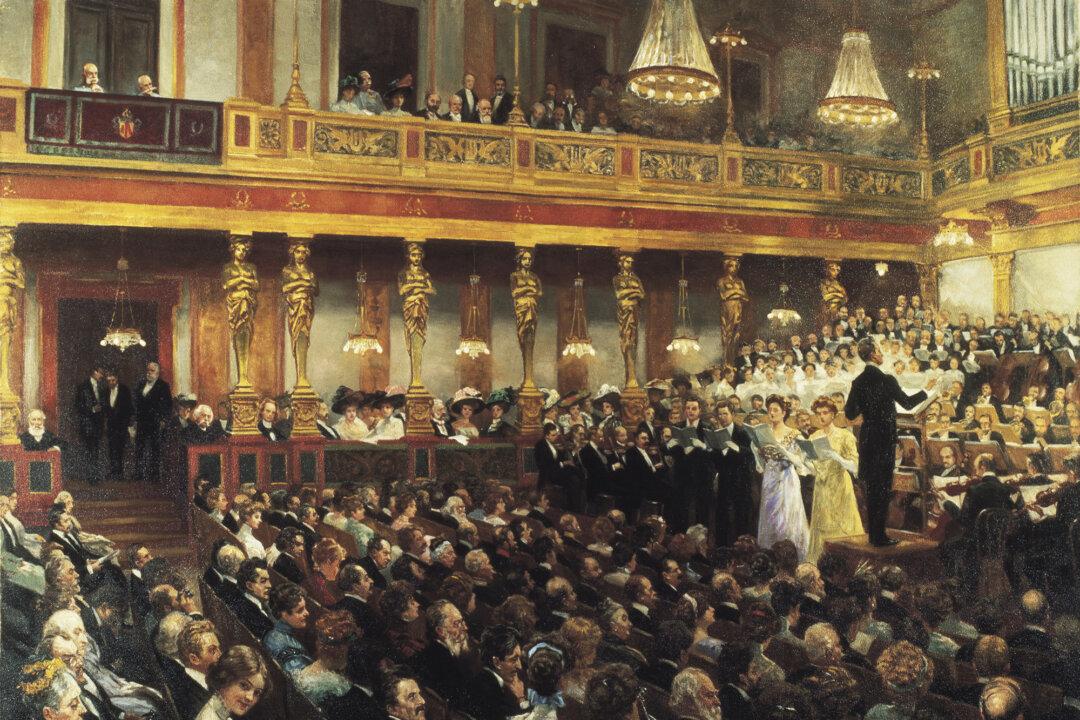I recently wrote an article providing some forgotten tips on how to raise boys to be real men. But boys aren’t the only sex that we need help raising. Boys are getting sucked into the feminist vortex of our culture, but that vortex also is swallowing girls at perhaps an even greater frequency.
So how do we raise our girls to be real women, the kind who are loving, gentle, and kind, instead of brazen, brash, and self-centered?






